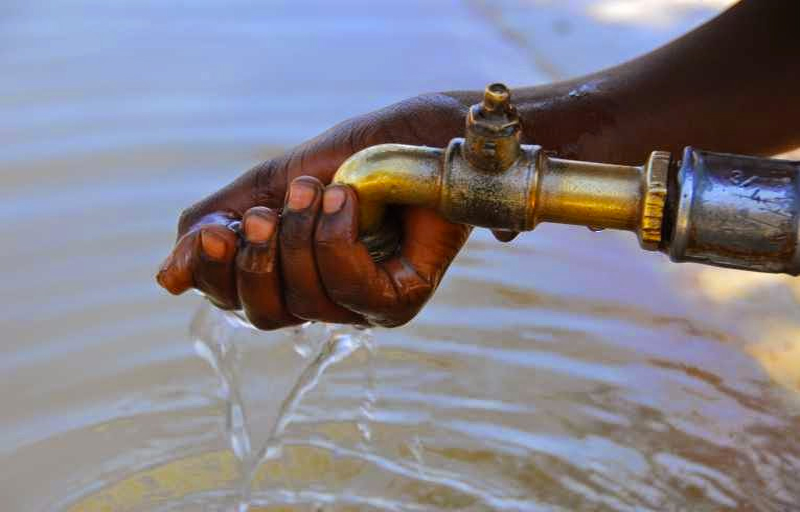Adhere to project specifications, FG tells water contractors
The Federal Government has urged its contractors implementing the Partnership for Expanded Water, Sanitation and Hygiene (PEWASH) programme to adhere to standards and specifications for the benefit of the rural populace. Dr Nicholas Madu, Director, Water Supply and Support Services, Federal Ministry of Water Resources and Sanitation, made this call at the 2022/2023 PEWASH Project […]

FILE PHOTO: Water Supply
The Federal Government has urged its contractors implementing the Partnership for Expanded Water, Sanitation and Hygiene (PEWASH) programme to adhere to standards and specifications for the benefit of the rural populace.
Dr Nicholas Madu, Director, Water Supply and Support Services, Federal Ministry of Water Resources and Sanitation, made this call at the 2022/2023 PEWASH Project Implementation Take-Off Meeting in Abuja on Thursday.
He said federal government would not tolerate any sharp practices and shoddy projects, saying the programme is an opportunity to improve access to potable water supply for rural communities.
According to him, the take-off meeting is to familiarise with the contractors and to draw attention to the execution of the contracts to ensure that they are in compliance to required standards.
“It is important because we want to be sure of the quality of the services we are delivering for Nigerian people. So we are going to hold the contractors strictly accountable for that.
“And in certifying their jobs, we will not accept anything short of the standards that we have set in our documents, so we must emphasise that and we insist on that”.
Madu noted that the PEWASH 2022/2023 programme being implemented in five states of Kaduna, Katsina, Delta, Gombe and Nasarawa, has been approved as contained in the protocol signed with the five state governments.
PEWASH National Coordinator, Mrs Jummai Wakaso, said the programme was designed for the improvement of rural water supply and sanitation, towards the achievement of SDG six.
This, Wakaso said was to increase access to water supply and sanitation, to address the pathetic situation of reported increase in the number of people dying from avoidable water and sanitation related diseases in our communities.
